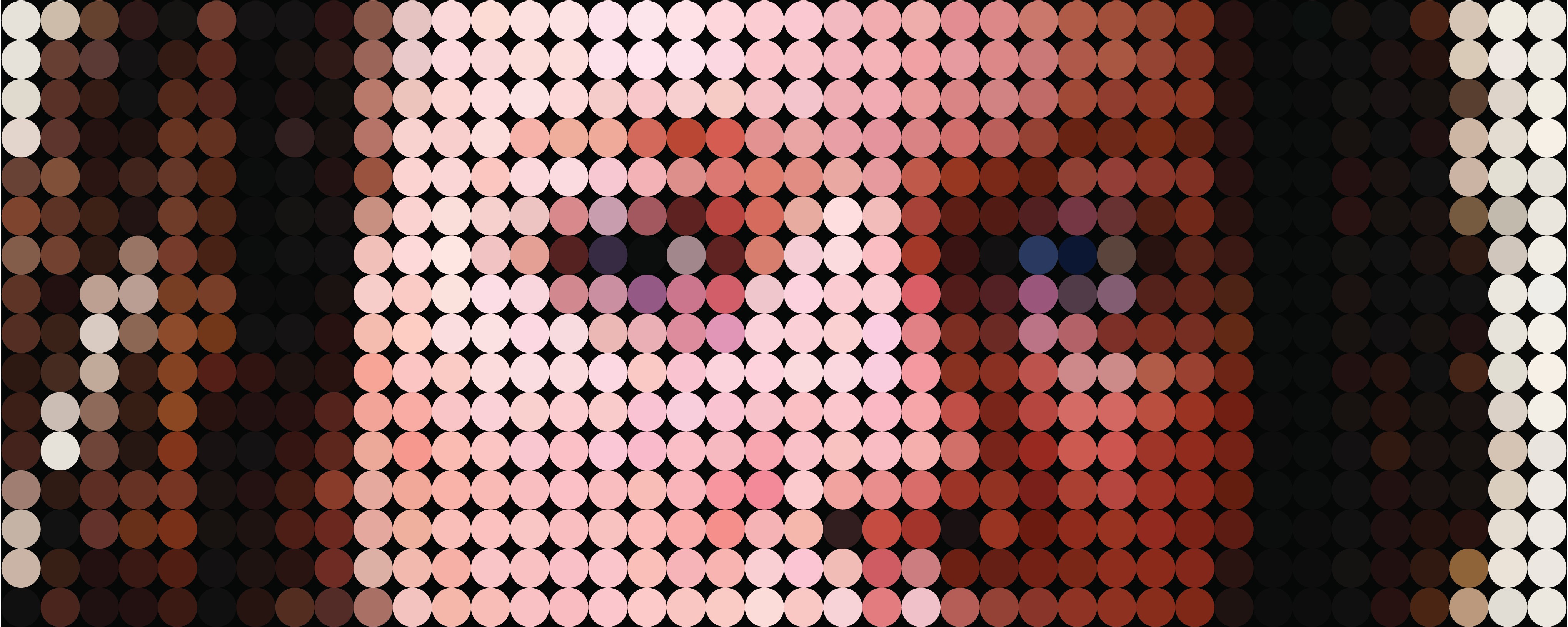In an era characterized by technological advancements, the problem of image-based sexual abuse through non-consensual deepfake pornography has reached concerning levels. With the rise of hyper-realistic generative image models like Stable Diffusion and Midjourney, the creation of manipulated explicit images has become not only prevalent but alarmingly accessible. While this issue has persisted for some time, the advent of these advanced AI techniques has exacerbated the problem, necessitating swift and effective action to curb its impact.
Navigating a Legal Void
One pressing challenge surrounding non-consensual deepfake pornography is the lack of strict legal frameworks to protect the rights of victims. The absence of comprehensive regulations has created an environment in which perpetrators can exploit and victimize individuals without facing substantial consequences. The urgency to address this issue is further underlined by the disproportionate impact on women, with an alarming 96% of nonconsensual deepfake videos targeting female subjects, often celebrities, whose images are manipulated into explicit content without their consent.
Empowerment Through Technology: Introducing StopNCII
Amid the troubling landscape of non-consensual image-based abuse, a glimmer of hope arises in the form of technological solutions. The StopNCII initiative emerges as a beacon of empowerment for victims of such abuse, offering a streamlined process to report and address cases of manipulated explicit imagery. Through the StopNCII platform, victims can upload both the original and altered versions of the image. Employing a sophisticated on-device hashing technique, the platform generates unique numerical codes that serve as secure digital fingerprints for each image.

The innovative strategy of StopNCII relies on the collaboration of tech companies that have committed to being part of the solution. These companies employ the hashed codes provided by StopNCII to identify and prevent the sharing of manipulated images on their platforms. This approach ensures that the original images remain solely on the victim’s device, disrupting the cycle of non-consensual sharing of explicit images. Crucially, only the hashes, not the actual images, are shared, preventing further dissemination of sensitive content and maintaining ownership.
Origins and Impact: Meta’s Role and Global Reach
The inception of StopNCII dates back to 2021 when Meta, in partnership with 50 global NGOs, supported the UK Revenge Porn Helpline in launching this pioneering initiative. Since its inception, StopNCII has evolved into a global force against online non-consensual image sharing. It provides users worldwide with a proactive means to secure their intimate images while prioritizing safety and privacy. The platform’s mechanism aligns seamlessly with the growing significance of on-device hashing, offering a tangible solution to a problem that has been plaguing online spaces.

Extending Beyond Celebrities: A Vicious Loop
Non-consensual deepfake pornography extends beyond the realm of celebrities. Journalists, activists, and ordinary individuals have fallen victim to this malicious practice, often as a means of harassment or intimidation. For example, Indian journalist Rana Ayyub experienced targeting after taking a stand on a sensitive issue. Similarly, American Twitch streamer QTCinderella became a victim of deepfake pornography, highlighting the broad spectrum of harm caused by this digital exploitation.
As the proliferation of non-consensual deepfake pornography threatens individual privacy, dignity, and security, technological solutions such as StopNCII offer hope. Despite the legal challenges and gaps, platforms like StopNCII demonstrate the power of collaboration and technology in combatting this issue. However, as technology continues to evolve, the battle against non-consensual deepfake pornography must remain adaptive and vigilant, ensuring that privacy and dignity are preserved in the ever-changing digital landscape.
Stay tuned to Brandsynario for the latest news and updates.






































